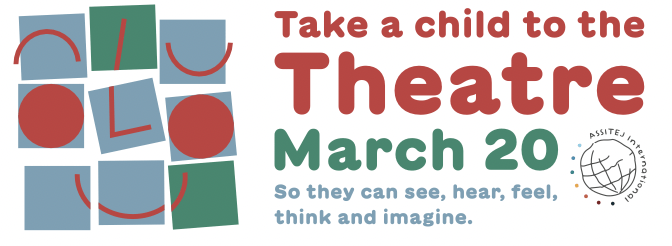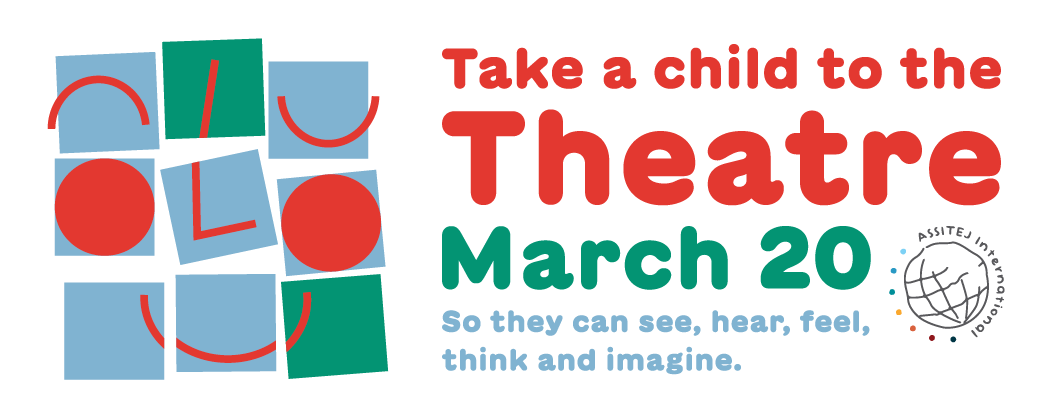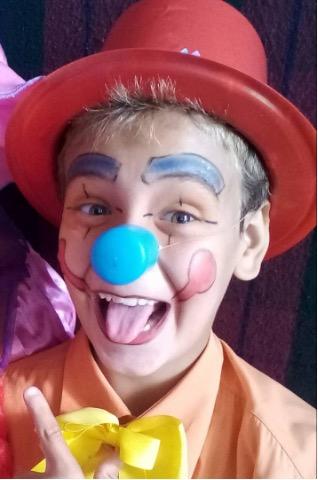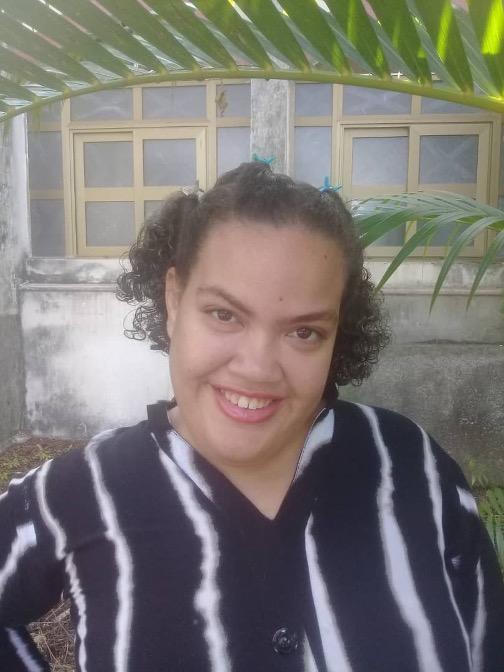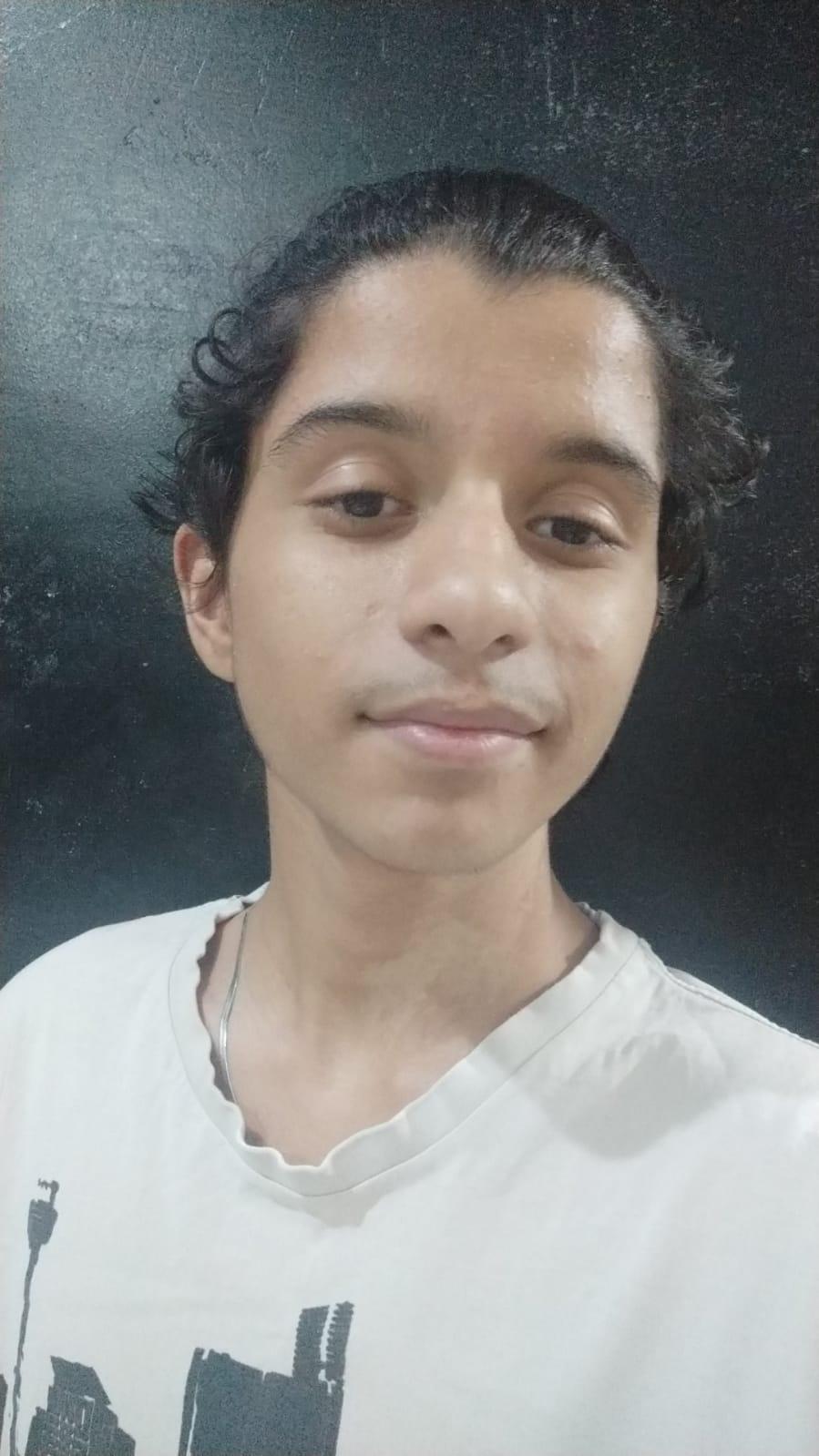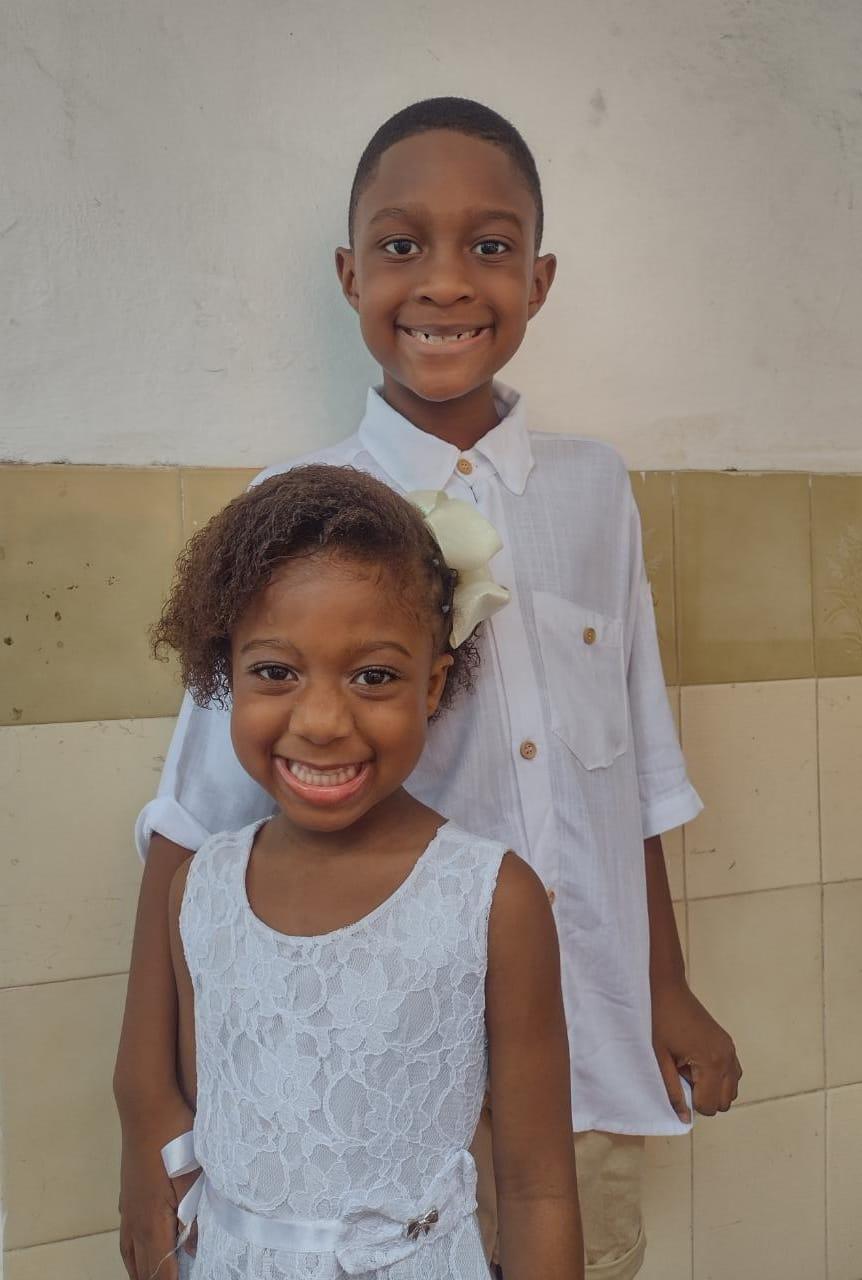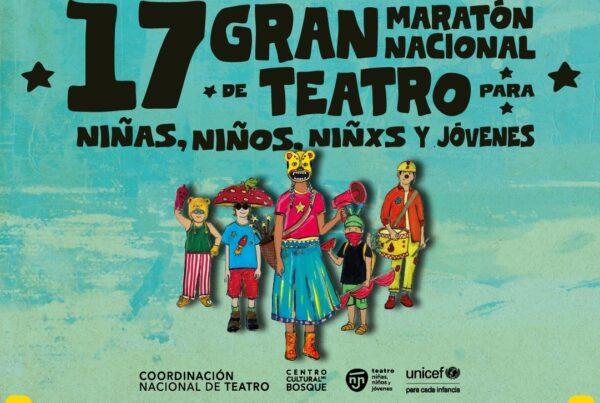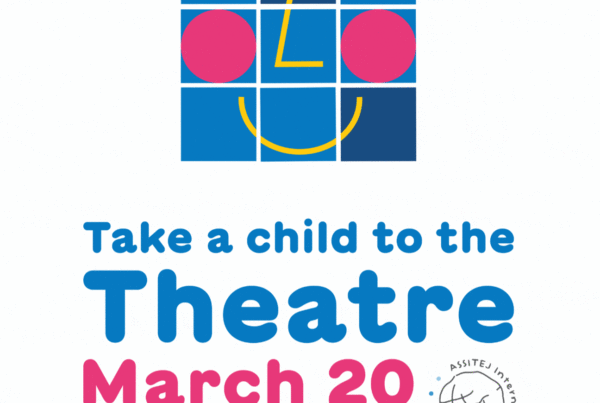ASSITEJ World Day of Theatre for Children and Young People is an ASSITEJ campaign, promoted and celebrated through the message ‘Take a Child to the Theatre, Today’.
This focus enables National Centres, Affiliates, companies, arts organisations, academics, teachers, artists, practitioners and others interested in theatre for young audiences to connect with the idea of world day and ‘make the case’ for children’s entitlement to theatre and the arts.
All ASSITEJ members are invited to promote special world day messages written every year, share the ASSITEJ film and consider additional activity – large or small. Each year ASSITEJ Centres around the globe deliver activities ranging from conferences, performances, workshops and special media events connected to #takeachildtothetheatre.
Download the World Theatre Day Logos here.
2024 World Day Message from Sue Giles
President: ASSITEJ International
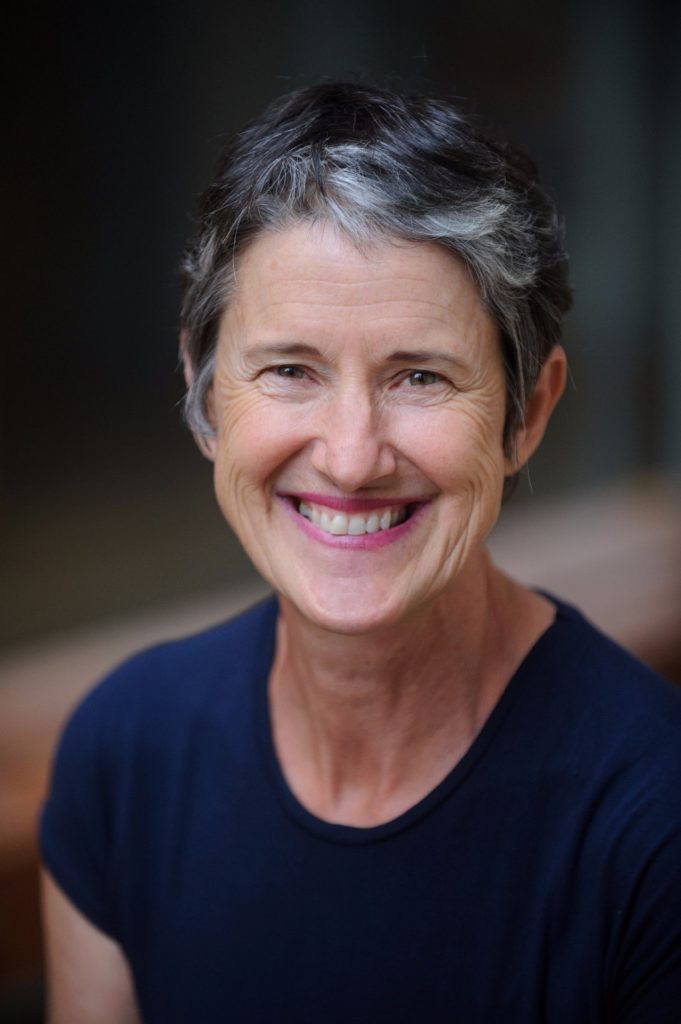
Take a child to the theatre today or take the theatre to the child today!
This campaign’s aim is to make access to theatre and performance more possible for all children and young people. By acknowledging the role of the adult in this we have a dual focus: that of the adult who cares for the child or young person, the one who enables their access to culture; and that of the artists who create the works that can reach children and young people where they are.
This day – March 20th 2024 – is a moment of focus for our members around the world to look at what is happening in our sector, in our societies and in our audiences. As a global association working for the unification of practitioners and for the rights of children and young people to arts and culture, we must ask ourselves the questions that affect us all. Advocacy means looking beyond our own circle of influence and personal concern. It is a way of opening up the bigger questions that relate to human rights and to the value of children and young people in our own contexts and in relationship to the world. What is it we have in common, in every context?
We believe in the power of theatre and performance. It gives us the exploration of ideas that expand what we witness and understand into other parts of the brain, heart and spirit. It gives us human to human connection. It inspires fantasy and imagination and deals with impossible themes with playfulness and heart. It involves young people in an empathetic exchange that allows for individual and collective transformation. It uses all the intelligences. It draws on all the senses to create wonder and it encourages wondering. This is what we do, across the world, wherever our members gather and we do it with expertise, skill and invention. We do it in streets and in big theatre houses, in schools and in homes and on stages. We make performance for, with, by and about children and young people, wherever they are. Children and young people need theatre and performance and because of their lack of power, they need adults to help them experience it.
As this World Day of Theatre comes closer we are deeply aware of the work that is done in our sector for and with young people and families who are victims of war, terror, political and domestic conflict, poverty, violence, displacement and homelessness, discrimination. Some have asked “How can we still be talking about the future of theatre and performance in this world? What does it matter beside the tragedy and injustice that surrounds us?” I believe that in making theatre and performance for and with children and young people we are continuously engaged in an act of hope. Our art form offers interpretation and direct connection with themes and situations that confront children in their everyday lives and that can speak to them with a voice that listens and understands. Their refection on their own situation is helped because of what we can open up in safe ways, offering truth alongside possibility and imagining a future or a path that can spark ideas for young people about what might be different. The act of creation is hopeful.
For us as artists, and for us as adults enabling children and young people to gain access to art to culture to creativity, it is important to ask questions. Without noticing and validating their expertise in play and the realms of imagination, without the stories and the possibility of escape, fun and joy, without the exploration of kindness and humanity that comes with this audience, can we understand ourselves? Without the development of real agency and participation of children and young people can we keep our own hold on hope?
Perhaps we now must realise it’s not all up to us, and by walking alongside children and young people we can recognise and take strength from the power of their imagination and innate, instinctive sense of possibility.
2024 World Day Messages from Cuban Children
On our Planet, where the candles of Peace, Faith and Love are barely extinguished in a dark present, amidst the loss of values, climate crises, extreme poverty and fratricidal wars, the voices of children emerge as the light of Hope. For the friends and colleagues of the performing arts of the world from a small and supportive archipelago of the Latin American Caribbean, it is these voices that give us, with a smile to the future, these messages of love on this World Day of Theatre for Children and Young People. They are children and adolescents for whom the arts and theatre have been the seed of their educational and social formation since school, from different communities, villages and cities of Cuba, where educators, art instructors and stage professionals have come. In their voices, they make us believe in José Marti’s preaching as a working guide: “We work for the children because children are the ones who know how to love, because children are the hope of the world”. (ASSITEJ Cuba)
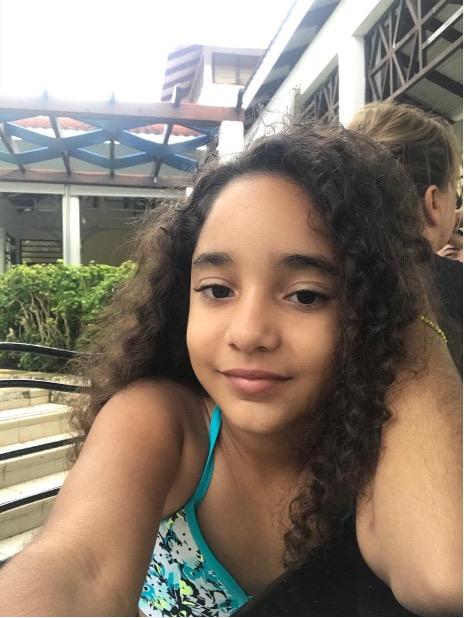
Massiel Amalia Wilson De Armas (Remedios, Cuba, 8 years old)
I was born into a family of artists, art has always surrounded me. My great-grandfather was a great singer who, without going to school, learned to play the guitar in a great way. He made the songs himself and also sang them. My grandmother, a composer capable of creating any feeling into song. My mother is a professional dancer. And so every day of my life goes by full of art. My mother always tells me the funny story of the day she discovered me in front of the mirror, making different faces. At that moment, she says she thought, no doubt this girl will be an actress. I grew up watching in my city the best children’s theatre group that exists for me. The Guiñol Fidel Galván theatre of my beautiful Remedios. And I always wanted to be there like them, giving joy to everyone. I have the joy of being part of a children’s theatre-music-dance company, which makes me very, very happy. Doing theatre for me is giving life to the different stories we see every day. I can portray joy, sadness, anger, amazement and many many more feelings. I have been able to fulfil my dream of being an artist and make this part of my daily life.
My favourite workshops are the theatre workshops, I enjoy them very much. Each character allows me to be a new girl, I learn something new from each one. But without a doubt, the most important thing I have learnt is that, as mum says, theatre is the most complete of all the arts.
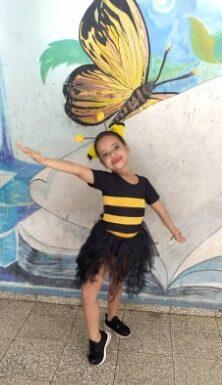
Patricia de la Caridad Bricuyet Aguilar (Bayamo, Cuba, 7 years old)
Bayamo M, N 14 January 2024
Hello ASSITEJ
Letter from a Cuban girl
My name is Patricia de la Caridad Bricuyet Aguilar. I’m 7 years old and I’ve been involved in theatre since I was 3 years old; I love acting.
Theatre for me is like another family because it teaches me things I didn’t know, for example, not to give up the first time. It’s being together, children and parents. That there are more opportunities in life; it taught me to be a better person, to express myself in different ways, using my body and many other things. I have acted in plays of the children’s theatre project “Los Andantinos”. They are: “The Dancing Flowers”, “The Little Prince”, “Fantastic Clowns”, “Homage to Charles Chaplin”, “The Witch’s Monologue”. It has been good to be in theatre because I learn about the plays, I make friends, I feel better, I know other places outside my home. The plays I have seen are: “The Model”, “At Three At Once”, “Why Alice”, and “Lighthouse”. I understood that LIghthouse is our country and that our country is important; we should love it. From the play “Why Alice”, I understood that Alice wants to change her world and make it better. Because the others don’t want to change the bad things in her world, and the queen mistreats the other characters.
Without theatre, there would be no plays, no culture, no performance.
Goodbye ASSITEJ
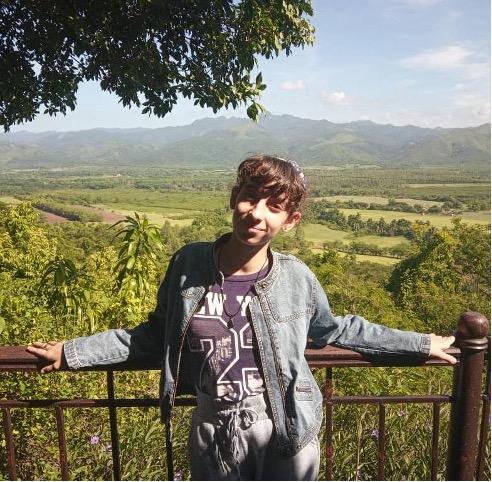
Sofía Díaz Rodríguez (Havana, Cuba, 14 years old)
For me, theatre is a refuge. One, in which we can put aside our identity and transform ourselves into the most unthinkable characters that a playwright’s mind can devise. It is a world parallel to our own in which, both on stage and in the audience, we can enjoy a perfect blend of the arts.
I started my connection with theatre thanks to my mother, a children’s theatre actress-puppeteer. Since I was a child, I have lived a large part of my life mixed in with the audience or being one of the people who go on stage to play a character. I feel my familiarity and my love towards it, thanks to the fact that outside, I am someone who is sometimes consumed in introversion; on the other hand, when acting, I feel the mobility and the need to feel like another person, someone who only wants to make their art reach others, I feel that my true self is outside the stage and that in that instant I live for what I do. Today, I see this art as a primordial part of my life, and I feel that without performance, I would not be me.
When we enter a theatre, we feel the need to join the play, from knowing the plot to familiarising ourselves with the characters. The theatre is a business of life where the actor takes over the way of speaking, dressing, and moving and even appropriates the character’s thoughts. It gives us a second home in which we feel able to laugh or even cry.
This is its great importance. Its capacity to make us cultured people and, above all, to allow us to be carried away a little by human sensations and to forget that off stage, there is anything else other than art. That is why I insist on the need to escape from reality and go to the theatre.
Cristian Manuel Artola Rodríguez (Isla de la Juventud, Cuba, 12 years old)
Mum always tells me that when I was still in her tummy, she took me to the theatre.
I think that’s why I like it so much. Many times, she has allowed me to act with her, and during the COVID-19 pandemic, we also recorded funny videos at home with my little brother Cristofer to have fun and share on social networks. I think that without theatre, life would be very boring.
Saharis Borges López (Isla de la Juventud, Cuba, 17 years old)
Theatre is my life. I’ve been acting since I was little and I’ve been told that I look very pretty. Through theatre, I have learned many things: to speak better and to make new friends. I thank my teachers, Teresita and Meilim, for teaching me and helping me to go on. Acting makes me happy; that’s why I will live to perform in theatres and make children very happy.
2024 World Day Messages from Brazilian Children
Maré de Espetáculos Project (UNIRIO)
The Maré de Espetáculos Project is an action linked to the Theatre in Communities Extension Programme at the Federal University of the State of Rio de Janeiro (UNIRIO) http://teatroemcomunidades.com.br/ and involves the direction and production of theatre shows with the programme’s participants. The Theatre in Communities Extension Programme was created in 2011 at UNIRIO’s Department of Theatre Teaching, coordinated by Professor Marina Henriques Coutinho, and integrates actions in the three axes of higher education: academic teaching, social extension and institutional research. The programme includes the participation of around seventy people, including teenagers and adults, divided into three performance spaces in Complexo da Maré and Penha: Maré Arts Centre, CMS Américo Veloso (a municipal health centre) and Dicró Carioca Arena. Every year, the pedagogical and artistic processes developed in the theatre centres, led by Unirio’s theatre graduates, which take place regularly every weeks, result in performances. Within the range of actions of the Theatre in Communities Programme, the focus of this project is the production of artistic results that are always presented at the end of each academic year. This line of action is especially important because it also contributes to the policy of building audiences in the places where the activities take place.
In 2019 we welcomed Nickollas to our children’s class in the Theater in Communities Extension Programme. Always very present and participative, he is now a teenager and has been one of our most loyal and enthusiastic students.
In 2022, when we returned to face-to-face classes, we welcomed Arthur to our children’s class. He was accompanied by his mother, Tailane, who was part of our first theater group in 2011, and his little sister Bia. Arthur soon settled into the activities with great joy. Bia, who was 5 years old, attended her first classes and when she was invited to go up on the stage, she jumped for joy. She’s our mascot student and one of the liveliest.
Documentary “Theater in Communities”, produced by the Image and Sound Center (UNIRIO) https://www.youtube.com/watch?v=maoMdGI4Zao (Nickollas participates)
Nickollas Bizzotto Barcelar (16 years, Male, Rio de Janeiro)
Theatre has always been something incredible for me, allowing me to get to know different concepts and places. I’ve always been very shy around new people, but on stage I realised that sometimes I have to get out of my comfort zone to make my dreams come true.
The CAM (Maré Arts Centre) is a place where I can be myself without worrying about judgements, in the art of theatre you don’t judge, you help, in the plays I could also see something I’ve always wanted to do, a place where I’ve always wanted to be, to bring great joy to families, a play conveys so many emotions and reflections and that’s what I want to show people.
The truth is that theatre teaches you much more than you think, it teaches you to work as a team, it teaches you to work on your memory, so many lessons that I can’t mention them all.
In the theatre you can be whoever you want, you can be a fairy, a pirate, a wizard, all you have to do is imagine and play the role of this character, and the best thing is the costumes, sometimes you can even mix characters, your imagination is the limit.
Theatre has marked my life and I want it to mark the lives of many young people and children. One of the most difficult times for the theatre was between 2020 and 2021 when we were quarantined due to the pandemic, but everyone at CAM always stayed on their feet, because that’s what theatre is, you don’t give up until you get your result.
Well, theatre is a wonderful experience. In my opinion, everyone should practise this art at least once in their lives.
Arthur de Aquino Rodrigues (9 years old, Male, Rio de Janeiro)
I always knew that my mother did theatre when she was younger and that she dreamed that when I was old enough I would take a sample class. I confess that at first I didn’t want to, I was afraid that people wouldn’t accept me well, because I was very shy and found it difficult to take initiative in public places and with strangers. I remember that one day my mother came in and said “Arthur, you’re 7 now, you can do your sample theatre class”, I reluctantly said I didn’t want to, until she told me that I didn’t have the option of not trying, but I did have the option of not staying, after trying for three classes and really not enjoying it.
I went to the first class dying for the third one to come soon, so I wouldn’t have to come back, but to my surprise I took the first class in 2022 and I fell completely in love. I left there determined to come back again and again and today I thank my mum for insisting that I try. And today, to my mother’s delight, my sister Beatriz and I are following the same path, since she decided to join the theatre group after watching me do the classes. Theatre has helped me a lot with shyness issues and even with ADHD. This year, I’ve been doing theatre for 3 years and I intend to go very far!
Beatriz de Aquino Rodrigues (6 years old, Female, Rio de Janeiro)
I always wanted to do theatre because I wanted to know what it was like, since mum always talked about how much she loved doing the classes and that when she was old enough she’d put me in too. But since my brother is older, he started first and I always went along to watch him, and I was too sad that I wasn’t old enough to do it too. 2022 was torture to me, because I really wanted to and I couldn’t. But in 2023 the first class came, the one where the teachers call everyone to take part, and there I saw the chance to show that even though I was small and younger, I could keep up with the class. So I did my best in that class and I felt so happy. I can’t even explain it!
The following Saturday came and the teachers said I could take part if I wanted to, I couldn’t believe it. So I completed my first year of theatre, we performed a play for all our friends and family that we had created ourselves, it was too beautiful, my heart felt like it was going to burst out of my mouth. Now I’m looking forward to coming back this year, auntie Maite and auntie Aline[1] are the best in the world, always loving and attentive, I’m very grateful for the opportunity!
[1] In Brazil, the term “auntie” (tia) is often used in early childhood education to refer to the female education professional.
Social Media
Some countries use the campaign as a rallying call to ask for donations to ensure that children and young people who otherwise wouldn’t have access to theatre get an opportunity to do so on this day.
The ASSITEJ International Facebook page exists as a communication tool which Facebook friends can link to and also post on, which admins can then share through the ASSITEJ International newsfeed. We want all our members to keep us updated about what they are doing for the campaign.
For 2024, ASSITEJ International has created the Facebook Group page ‘Take a Child to the Theatre, Today’ dedicated to promoting World Day of Theatre for Children and Young People (WDT) initiatives.
We strongly encourage members of ASSITEJ International to share their past or upcoming activities related to WDT or the ‘Take a Child to the Theatre’ campaign on this group page. By doing so, we can collectively celebrate and raise awareness of this day worldwide.
International Co-operation
World Performance Week is a concept initiated by ASSITEJ International, in collaboration with other international associations involved with different art forms related to live performance, which celebrate their World Days between March 20th and March 27th.
We invite you to build partnerships with these associations in your own country and to participate in World Performance Week where this is possible. The week includes March 20th, ASSITEJ World Day of Theatre for Children and Young People (and the campaign “Take a Child to the Theatre”), March 21st, UNIMA’s World Puppetry Day, March 22nd, World Mime Organisation‘s World Mime Day, and March 27th, ITI’s World Theatre Day, which is also celebrated by other associations, such as IATC, IDEA, AITA/IATA and others. Use the unifying logo, as well as the ASSITEJ International logo and the Take a Child to the Theatre Today logo, if you wish to promote the week.

